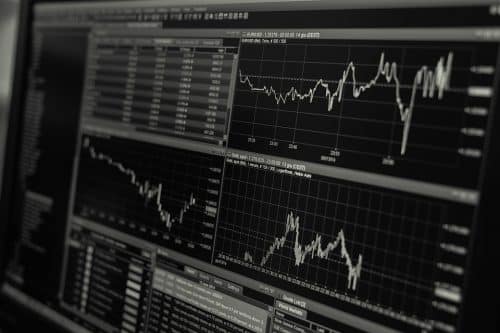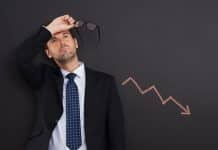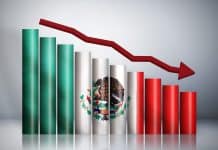Advertisements
A global recession driven by a pandemic, as the flow of goods, services and people faces increasing restrictions.
Just a day ago, President Donald Trump halted travel to the United States from Europe, Italy's government ordered nearly all shops closed, and India suspended most visas. Twitter Inc. joined the barrage of companies telling their employees to work at home and the National Basketball Association suspended its season.
Advertisements

While those announcements are aimed at containing the coronavirus, every quarantined city, canceled flight, scrapped sporting event and frustrated conference will hammer demand around the world this quarter and probably longer. The initial rush by consumers to stock up on supplies can be followed by months of prudent restraint against the pandemic.
Advertisements
"The resulting pandemic of fear continues to spread and is set to cause a global recession," Ed Yardeni, president and founder of Yardeni Research Inc., wrote in a research note.
Hopes of only a few weeks ago that the world economy would follow a V-shaped trajectory: a sharp drop in growth in the first quarter followed by a rebound in the second have been dashed. Now the biggest economic shock since the 2008 financial crisis is raising the risk of a global recession, and the debate is shifting to the length and depth of the downturn.
Stocks and bond yields continued to slide on Thursday, and the MSCI World Stock Index is now on the brink of a bear market.
China is already on track for what could be its first quarterly contraction in decades. In the US, a Bloomberg economic model suggests a 53% chance that the 11-year expansion will end within a year. The economies of Japan, Germany, France and Italy were already contracting or stagnating before the virus outbreak, and the UK is reeling amid Brexit uncertainty.
Read More: Coronavirus may bankrupt some Chinese businesses
As the virus spreads, the threat grows of a phenomenon economists call a feedback loop, a vicious cycle in which a country that begins to recover at home later suffers from a decline in demand abroad as other nations succumb, prolonging the recession.
JPMorgan Chase & Co. counterparties told clients this week that the risk of a global recession "has increased materially." To rekindle their confidence, they said they need to see the virus fade, a stronger and more creative response from economic policymakers, and businesses and banks not slash jobs or slash lending. They also argued that falling oil costs will not necessarily boost growth as much as they have historically because consumers will pocket the windfall from cheaper fuel prices.
Policymakers are already struggling to keep up, raising concerns that the fall in demand will not be sufficiently cushioned by the stimulus and reflecting on the pandemic.



